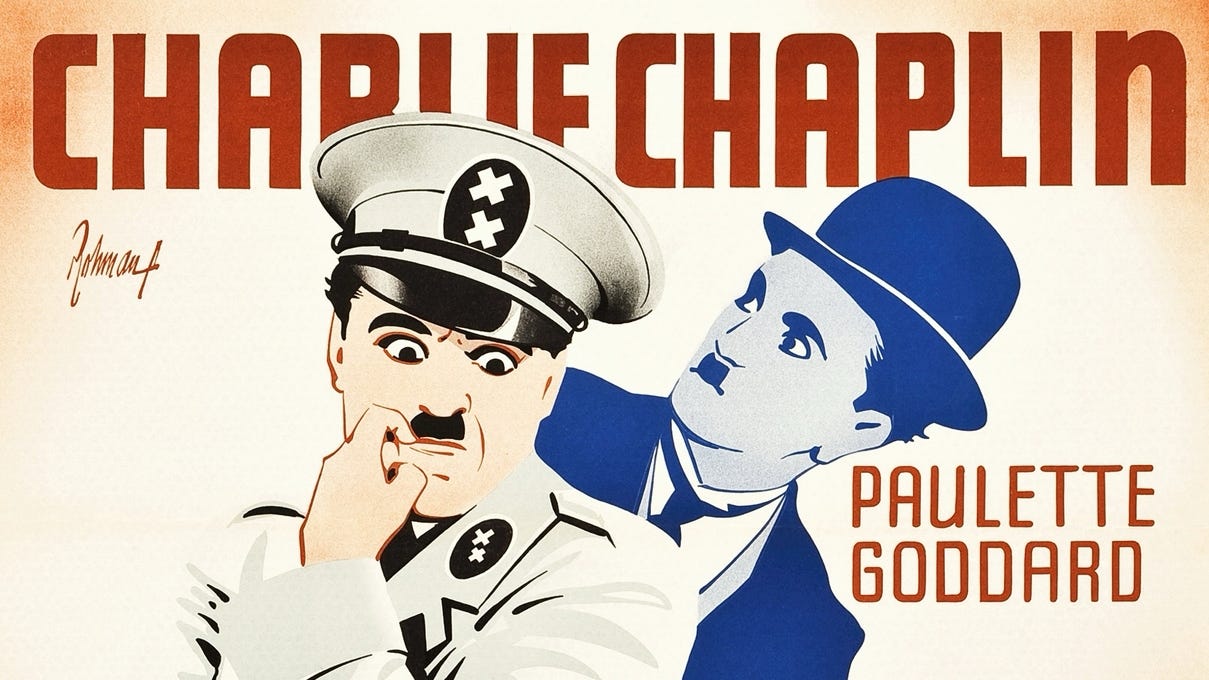It’s a dog days of summer special! This week, we are releasing a live interview from last April, that’s more timely today than when it was first recorded. Dictators and their sychophants; democracy imperiled by foreign policy misadventures. Sound familiar?
For almost a century, American intellectuals of different political stripes have been in thrall to dictators. They’ve either projected utopian ideals on to them, or been seduced by their charisma and alleged effectiveness. The story of left wing intellectuals falling for figures like Stalin or Castro has already been told. In a new book, America Last: The Right’s Century-Long Romance with Foreign Dictators, Jacob Heilbrunn, author and editor of the National Interest, tells the story of the American political right and its dalliances with overseas despots. Joining Damir as co-host is friend of the pod Professor Jennifer Murtazashvili, head of the University of Pittsburgh’s Center for Governance and Markets, which graciously supports our work.
As usual, Damir veers the discussion towards first principles. Are people more likely to be seduced by dictatorships when liberalism is perceived to be failing? Is liberalism perceived to be failing more often during wartime or peacetime? Just what is attractive about despotism? Should liberals accept that a certain amount of “ineffectiveness” is part and parcel of the liberal order? Tune in for a riveting discussion of these questions and more.
Required Reading:
“Apologists without Remorse,” by Jacob Heilbrunn (American Prospect).
America Last: The Right’s Century-Long Romance with Foreign Dictators by Jacob Heilbrunn.
“Trump’s anti-Ukraine view dates to the 1930s. America rejected it then. Will we now?” by Robert Kagan.
U.S. Military Interventions since 1890 (Evergreen State College).
This post is part of our collaboration with the University of Pittsburgh’s Center for Governance and Markets.
Wisdom of Crowds is a platform challenging premises and understanding first principles on politics and culture. Join us!













